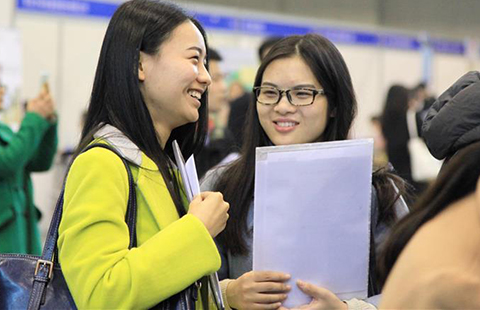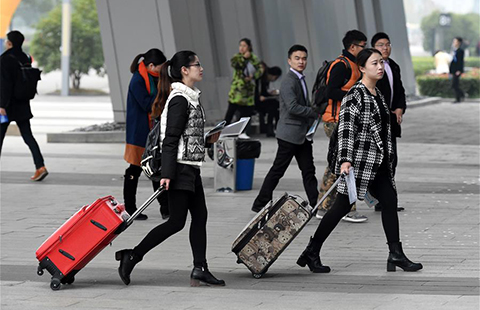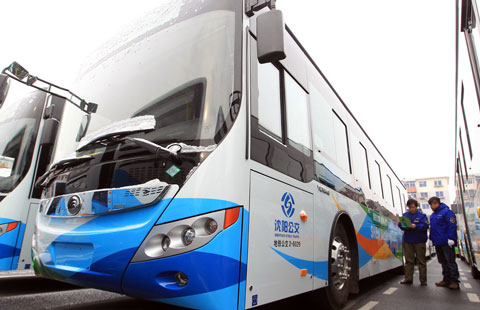Investment in soccer industry increasing in China
By Emma Gonzalez (China Daily) Updated: 2015-11-23 07:16
 |
|
Ronaldo Luis Nazario de Lima, a Brazilian soccer legend. [Photo provided to China Daily] |
He has teamed up with Brazilian tycoon Carlos Wizard Martins to open three Ronaldo Academies in Beijing, Shanghai and Mianyang in Sichuan province by the end of the year.
"We have brought the Ronaldo Academies to China to help the country in its dream to become a soccer powerhouse," Ronaldo said. "We have just started the project. But in a few years, I am sure will be able to produce good players."
Setting up a Ronaldo Academy will require an initial investment of 200,000 Brazilian reais ($66,000), according to the academy's official website, without disclosing further financial details.
"Our business model will consist of introducing the Ronaldo Academies inside public and private schools in China," Paulo Swerts, manager of the project, said. "Average fees will be between $120 and $180 per month."
Apart from former high-profile players, major European clubs are moving into the market.
Real Madrid, the legendary La Liga club in Spain, has rolled out an academy, so have English Premier League behemoths Chelsea and Liverpool.
"More children need to take part in soccer for it to develop in China," Gu Xin, an analyst at sports marketing company Yutang Sports, said.
Traditionally, the development of sport here has been tightly controlled by the State, limiting private investment.
Again, this is changing. China's plan is to encourage companies to team up with major overseas clubs to roll out academies across the country.
"China needs the expertise of academies run by foreign clubs if it is to become a truly great soccer nation," Romain Yao, vice-president of advertising and marketing agency Oceans Sports & Entertainment Inc, said.
That infrastructure is starting to take shape. Sports development is expected to become one of China's fast-growing industries, generating huge revenue figures for foreign and local companies.
"By 2025, the Chinese government aims to create a sports industry worth $800 billion, which will account for 1 percent of its GDP," Simon Chadwick, professor of sports enterprise at the University of Salford in Manchester, UK, said.
Already the trend is for European clubs to put in place powerful coaching teams to teach technical and tactical skills here. Chinese companies then provide the infrastructure such as training centers in the country's largest cities.
- Taking a glance into the future
- Chinese economists urge tax reductions
- China's Sun Paper to build pulp plant in US
- Rural land reform and SOE reform vex renowned economist
- China to grant $8.2b QFII quota to Malaysia: Premier Li
- Fiscal subsidies and contributions can bridge pension fund deficit: Ministry
- Siemens hearing aids focus on R&D
- Top 10 must-see debuts of 2015 Guangzhou Auto Show

















